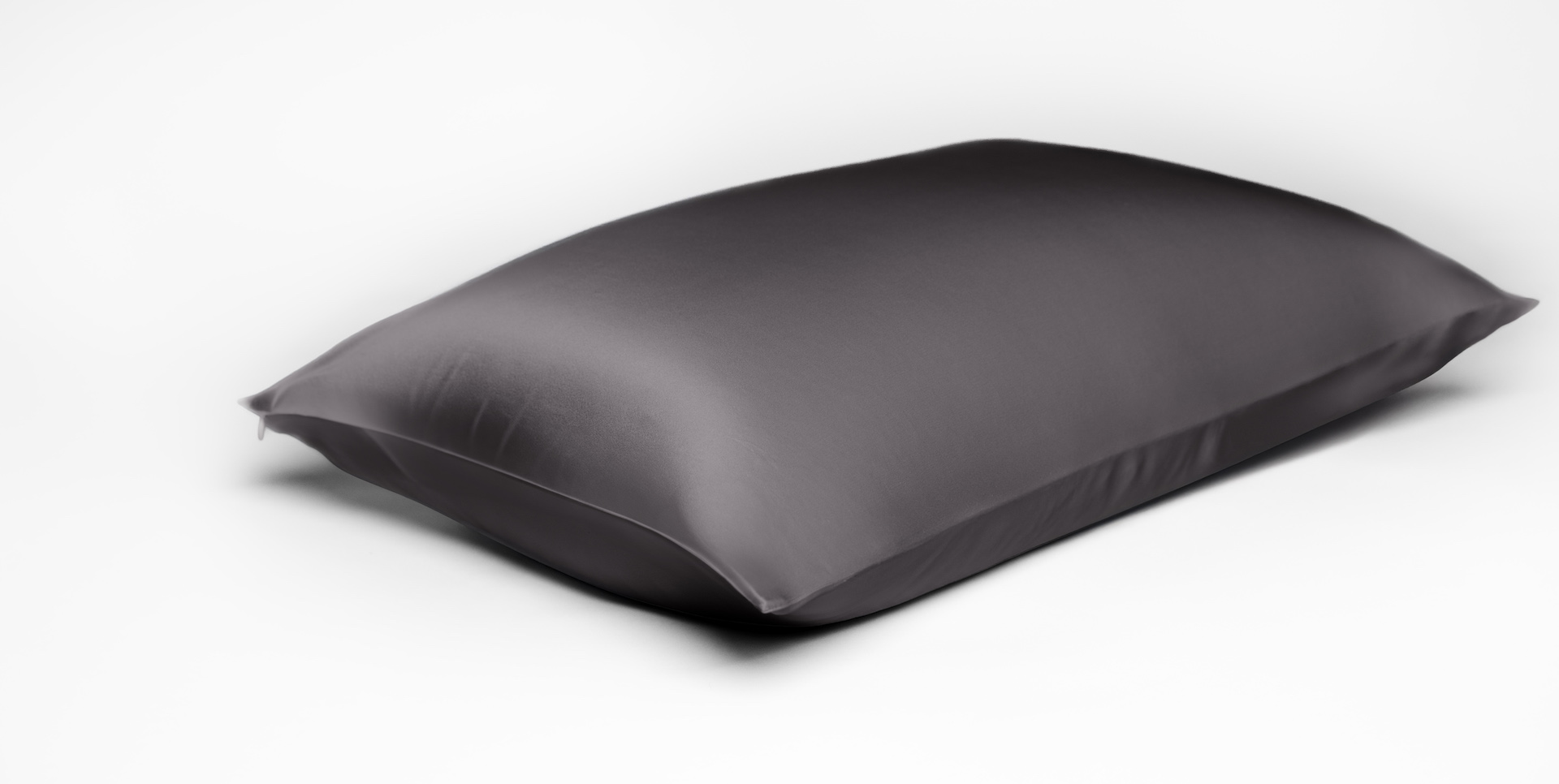We’ve all been there. The day is winding down, you’ve made yourself hop in the shower and wash your hair…and now, you have to decide whether or not to spend time blow-drying it.
As someone with what can only be described as a lot of hair—which, on a good day, takes about two hours from washing to flat ironing—this writer completely understands the struggle. But going to bed with wet hair after that nighttime shower can actually do more harm than good.
Keep reading to find out if you should go to sleep with wet hair and what might happen if those strands stay soaked before you get your Z’s. Plus, we talked to Cody Cross, hair colorist at Cutler Salon, for some tips on how to protect your tresses if you just can’t be bothered to dry them after all.
Why you shouldn’t sleep on wet hair
So, your strands are wet. Big deal, right? It definitely could be. There are a few reasons why going to bed with wet hair can actually do more harm than good (and we’re not just talking about hair damage). “Your hair should be at least 80% dry when going to bed,” Cross says. Going to bed with wet hair can also result in mildew causing bacteria growth and a bad smell.
Hair damage
First and foremost, sleeping with wet hair can actually cause hair damage. “Hair is more elastic and fragile when wet and can be more susceptible to breakage, especially if your hair has been chemically altered with color, perms, or relaxers,” Cross says. It can also become more prone to knots and tangling, leading to a less than fun time the next morning and down the road.
Skin infections on your scalp
No one wants to deal with a flaky, itchy scalp. One of the reasons why you shouldn’t sleep with wet hair is because it can lead to skin infections on the scalp due to bacteria and fungi that thrive in moist environments. “Going to bed with wet hair can also result in mildew, causing bacteria growth and a bad smell,” Cross cautions. You also might develop ringworm or dermatitis. (In a word: eek.)
Acne
Acne is annoying enough to deal with on our faces—why add it to our scalps too? But going to sleep with wet hair can lead to small acne bumps or pustules, most notably in an infection like folliculitis (inflamed hair follicles).
The good news
While it’s fairly certain that you’ve heard going to sleep with wet hair could make you get a cold, there’s some good news here—that’s a pretty common old wives’ tale. There’s actually no scientific evidence that proves going to bed with wet tresses leads to getting sick. (Though, in the harsh winter months, you’ll definitely be pretty cold if you do.)
How to sleep with wet hair (if you must!)
We get it. Sometimes there just isn’t time to go through the whole process of washing, conditioning, blow-drying, and flat ironing before hitting the hay. If that’s the case, “You should always rough dry it with a blow-dryer to get the majority of the moisture out,” Cross says. “You can then put it in a loose braid or bun with a silk scrunchie.”
How to protect your hair while sleeping
It’s important to consider the type of pillowcase you’re using too. “Silk pillowcases are always the best option for your hair,” Cross recommends. “The hair is able to glide across the pillow without causing too much tension, also resulting in less frizz when you wake up.” Saatva offers a high-quality

100% mulberry silk helps protect hair and skin while you sleep
made from premium mulberry silk. (Here’s more advice on how to protect your hair while you sleep.)
FAQs
Is it better to sleep with wet or dry hair?
While it’s tempting to wash your hair and drift right off to dreamland, it can actually lead to problems down the road. Going to sleep with wet hair can not only cause damage and breakage but can lead to skin infections like ringworm, folliculitis, acne, and dermatitis. Even though it takes more time to dry your hair, it’s better to keep those conditions at bay.
Is it OK to sleep while your hair is wet?
If you decide to go to sleep with wet hair, there are some ways to protect your hair and skin. You can use a silk pillowcase, wear a scarf or hair cap, and use products specifically for your hair type (like a serum for straight hair or curl cream for curls).
Can a good night’s sleep make you look younger? Read up on the benefits of beauty sleep and find out how snoozing is good for your skin and hair.




